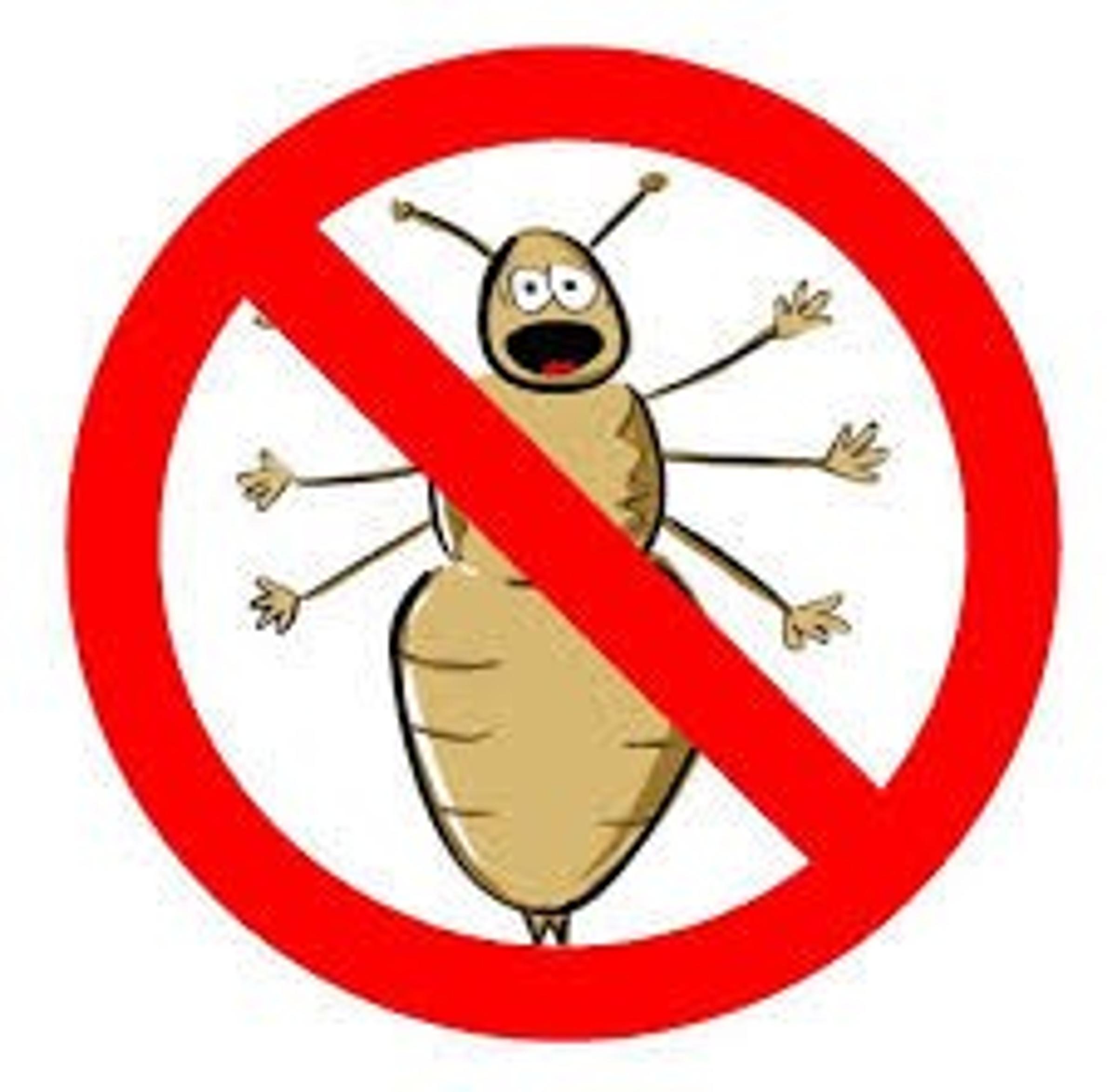Anaphylaxis is a severe allergic reaction that is potentially life-threatening. The most common causes of anaphylaxis in schools are allergies to food and insects (bees). To help manage allergies, our school is following the National Allergy Council’s Best Practice Guidelines for Anaphylaxis Prevention and Management in Schools.
Food allergies are common in school aged children and avoiding the food is the only way to prevent an allergic reaction. Children can be allergic to any food and it is not possible to completely remove these foods from our school. Therefore, we have put a range of different things in place to help keep these students safe.
The Best Practice Guidelines recommend an Allergy Aware approach, which means we are supporting students at risk of anaphylaxis in the following ways:
- training staff
- educating students about allergies and anaphylaxis
- teaching students that we all have different needs and to be respectful of others
- teaching students the importance of getting help immediately if their friend with allergy looks sick.
For food allergies, we are also:
- encouraging students to wash their hands before and after eating
- encouraging students to wash their hands after eating something their classmate or friend is allergic to
- teaching students not to share food or drinks with friends who have food allergy.
We ask parents and carers to support students at risk of anaphylaxis by:
- Teaching your child not to share food or drinks with friends that have food allergy.
- Encouraging your child to wash their hands after eating.
- Ensuring that lunch boxes and drink bottles are clearly labelled
- Notifying your class teacher if you send in food which has peanuts or tree nuts (e.g. hazelnuts, cashews, almonds etc) in the ingredients list.
- In classes that have a student with food allergies, especially in the lower primary years, consider sending less ‘messy’ foods (that contain the student’s food allergens) where possible. For example, sliced cheese is less messy and therefore less risk than grated cheese
- Asking your child to get help immediately if their friend with food allergy gets sick.
- Explaining to your child that teasing a child with an allergy is bullying and not acceptable behaviour.
With community support, our school can provide a safe environment that meets the needs of all our students.


